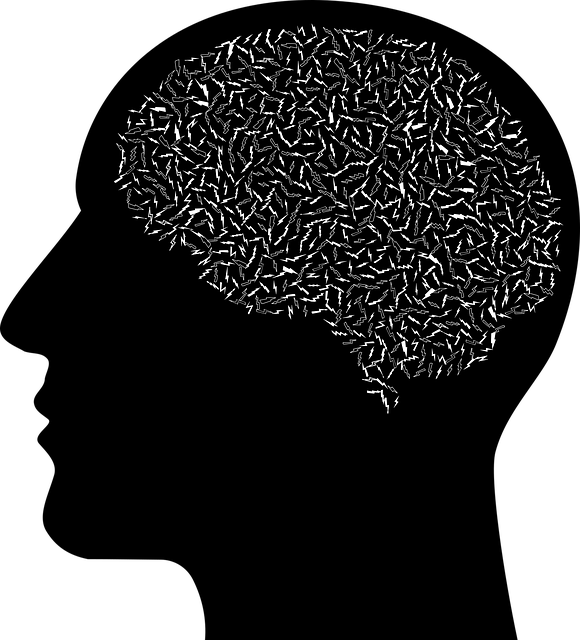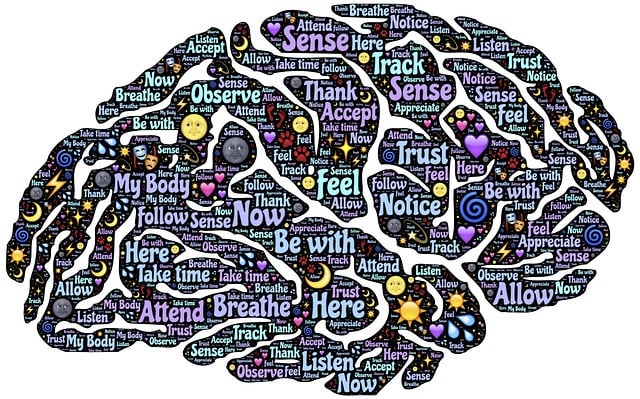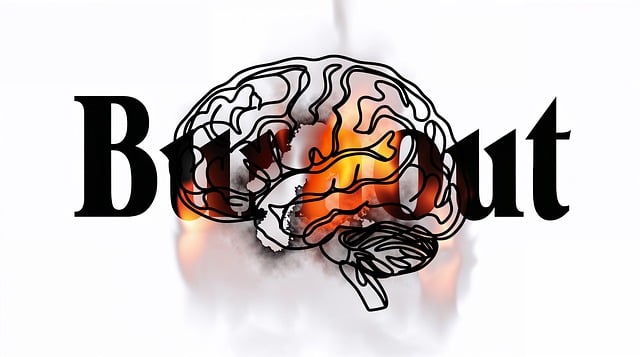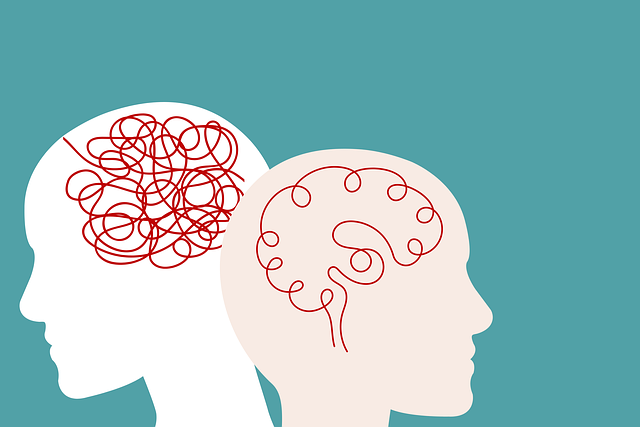Louisville Therapy for Therapists-Clinicians leads the way in fostering mental wellness through specialized group sessions. By creating safe, inclusive spaces, therapists utilize effective communication, active listening, and reflective techniques to encourage open dialogue. They implement creative activities, cultural competency, and coping skill development, addressing diverse needs. This holistic approach enhances therapeutic outcomes, strengthens bonds within Louisville's therapy community, and ensures culturally sensitive, effective mental health support.
“Unleash your potential as a group facilitator with our comprehensive guide tailored for therapists and clinicians in Louisville. Discover the art of cultivating therapeutic spaces, where understanding complex group dynamics becomes the cornerstone of effective mental wellness support. From creating safe environments to employing creative activities, this article equips you with powerful strategies. Learn how to foster engagement, navigate challenges, and adhere to ethical standards, ensuring every session resonates with group members. Elevate your Louisville therapy practice; facilitate meaningful connections and profound healing.”
- Understanding Group Dynamics: Creating a Safe Space in Louisville Therapy Rooms
- Effective Communication Strategies for Clinicians Facilitating Support Groups
- Techniques to Foster Engagement and Connection Among Group Members
- Incorporating Creative Activities into Mental Wellness Group Sessions
- Navigating Challenges and Ethical Considerations in Group Facilitation Practice
Understanding Group Dynamics: Creating a Safe Space in Louisville Therapy Rooms

In facilitating mental wellness groups within Louisville therapy rooms, therapists and clinicians play a pivotal role in shaping group dynamics. Creating a safe and supportive environment is essential for fostering open communication and enhancing therapeutic outcomes. By understanding the unique interactions between individuals, facilitators can navigate potential conflicts and encourage active participation using conflict resolution techniques. This involves promoting active listening, empathy, and constructive feedback to ensure every member feels heard and valued.
A key aspect of successful group facilitation is establishing ground rules that emphasize respect, confidentiality, and mutual support. These guidelines help participants feel secure, encouraging them to share their experiences and insights freely. Through the development of coping skills and stress reduction methods, group members learn valuable tools to navigate challenges. This not only enhances their overall well-being but also strengthens the therapeutic bond within the Louisville therapy setting.
Effective Communication Strategies for Clinicians Facilitating Support Groups

Effective communication is a cornerstone for clinicians facilitating mental wellness support groups, especially in vibrant Louisville therapy settings. Clinicians must adapt their communication styles to foster an inclusive and supportive environment where members feel heard, respected, and understood. Active listening skills are paramount; therapists should demonstrate genuine interest by paraphrasing and summarizing group members’ thoughts and feelings, ensuring clarity and reducing potential misinterpretations.
Additionally, open-ended questions encourage detailed responses, promote engagement, and facilitate deeper conversations around resilience building and stress management—key aspects of mental wellness. Using simple, straightforward language is essential to ensure everyone in the diverse Louisville therapy community understands the discussion. This approach also helps to normalize varied emotional experiences, creating a safe space where members can share their journeys without fear of judgment, enhancing overall group cohesion.
Techniques to Foster Engagement and Connection Among Group Members

Creating a safe and supportive environment is key to facilitating meaningful engagement and connection within therapy groups. Louisville Therapy for Therapists-Clinicians can play a pivotal role in cultivating this atmosphere, fostering an environment where group members feel comfortable sharing their experiences and perspectives. Encouraging open dialogue through active listening, reflective listening, and thoughtful questioning techniques allows for deeper understanding among participants. This, in turn, promotes emotional healing processes and strengthens interpersonal bonds.
Integrating mental health education programs design elements into group sessions can further enhance participation. By incorporating exercises that encourage positive thinking, mindfulness, and coping strategies, therapists enable members to develop practical tools for managing stress and improving overall mental wellness. These interactive approaches not only increase engagement but also ensure that the group’s dynamic remains inclusive and supportive, ultimately enriching the therapeutic experience for all involved.
Incorporating Creative Activities into Mental Wellness Group Sessions

Incorporating creative activities into mental wellness group sessions can significantly enhance engagement and therapeutic outcomes for participants, making it a valuable technique for Louisville Therapy for Therapists-Clinicians. Art, music, drama, and movement are powerful tools that facilitate emotional expression, promote self-awareness, and foster a sense of community. For instance, art therapy allows individuals to externalize their feelings, while group singing or dance can create a shared experience that strengthens social bonds.
These creative approaches not only cater to diverse learning styles but also provide an avenue for non-verbal communication, which is essential for those who find it challenging to express themselves verbally. By integrating such activities into therapy sessions, mental health professionals can improve risk management planning by creating a safe and supportive environment where clients feel empowered to explore their thoughts and emotions. This holistic approach complements the traditional talk therapy methods and contributes to the overall effectiveness of Louisville Therapy for Clinicians, ultimately enriching the Mental Wellness Podcast Series Production and Coping Skills Development.
Navigating Challenges and Ethical Considerations in Group Facilitation Practice

Facilitating mental wellness groups requires navigating a complex landscape of challenges and ethical considerations, particularly in diverse settings like Louisville’s thriving therapy community. Therapists-clinicians must be adept at fostering an inclusive environment where every participant feels heard and respected, regardless of their background or identity. This involves not just understanding but also adapting to the unique cultural competencies required to serve a broad client base.
Ethical dilemmas often arise in group settings, from maintaining confidentiality to addressing power imbalances. Skilled facilitators must be prepared to handle these situations with care, ensuring the safety and well-being of all members. Utilizing techniques from the Mental Wellness Podcast Series Production can enhance engagement and emotional well-being promotion, but therapists must also be mindful of potential conflicts or sensitivities that could arise during group discussions. Louisville’s dynamic healthcare landscape demands a proactive approach to ethical group facilitation, one that prioritizes both effective therapeutic outcomes and the cultural competency training necessary for all providers.
Louisville therapy rooms can become vibrant spaces for mental wellness group facilitation, offering a unique and supportive environment. By understanding group dynamics and implementing effective communication strategies, therapists and clinicians can create a safe haven where members feel engaged and connected. Incorporating creative activities enhances the therapeutic process, while navigating challenges and ethical considerations ensures a robust and responsible practice. These techniques empower Louisville therapy practitioners to facilitate meaningful groups, ultimately benefiting clients seeking support and connection in their mental health journeys.














